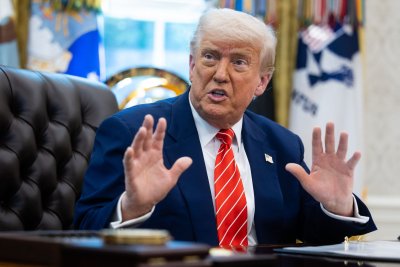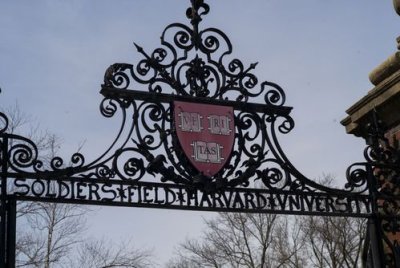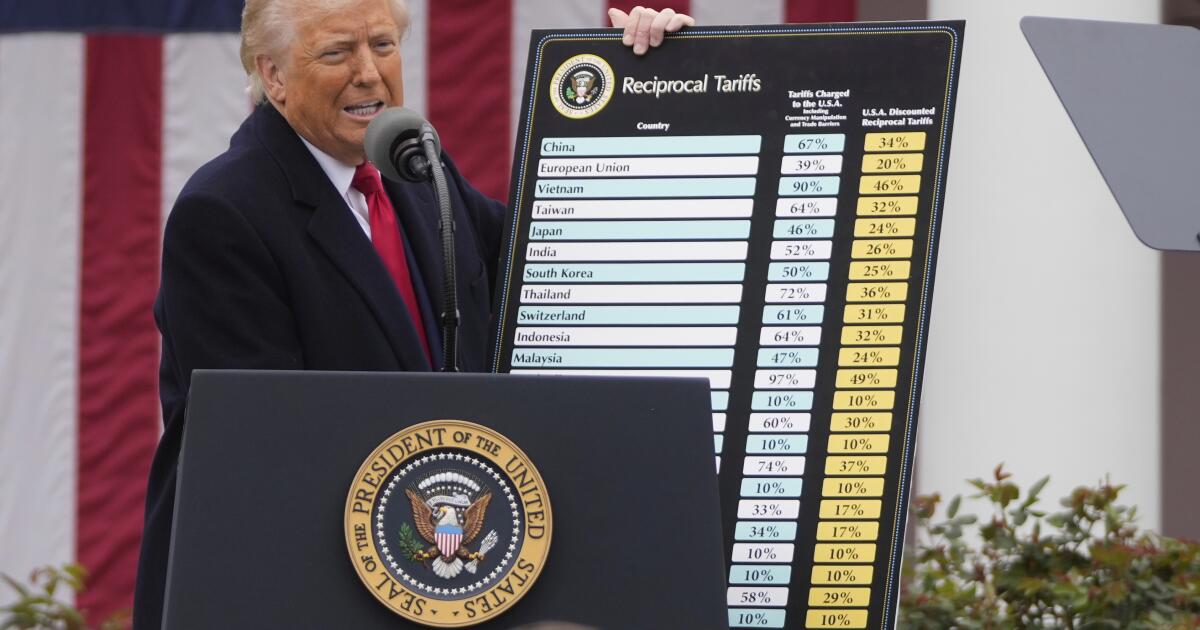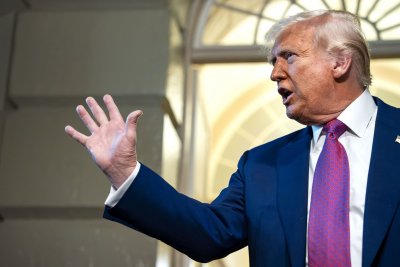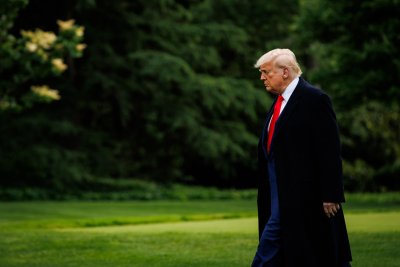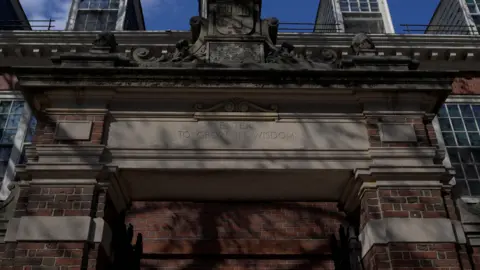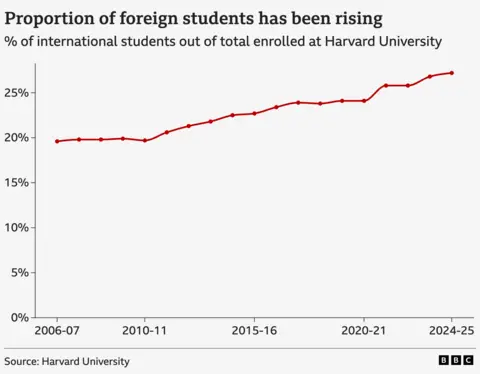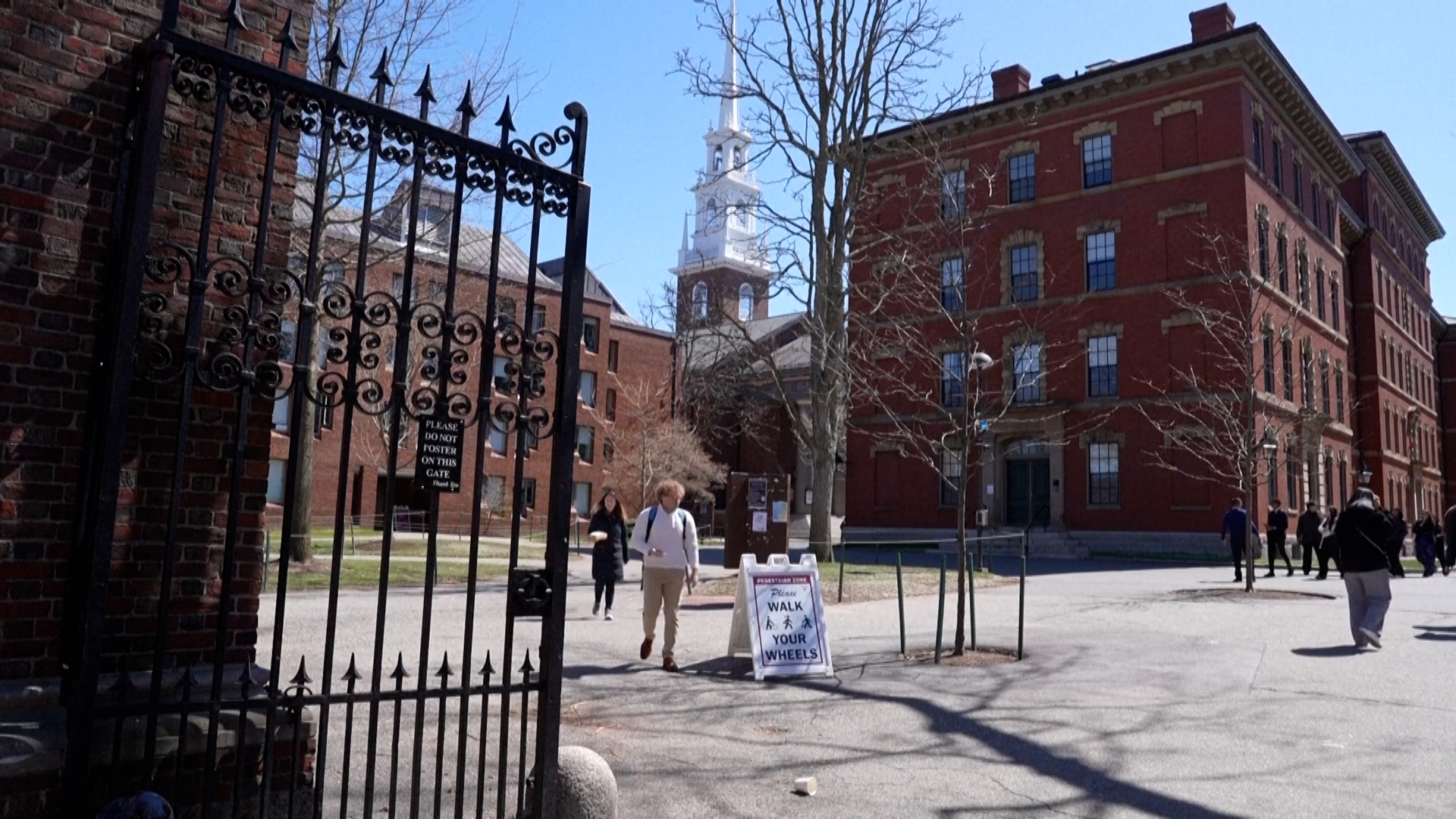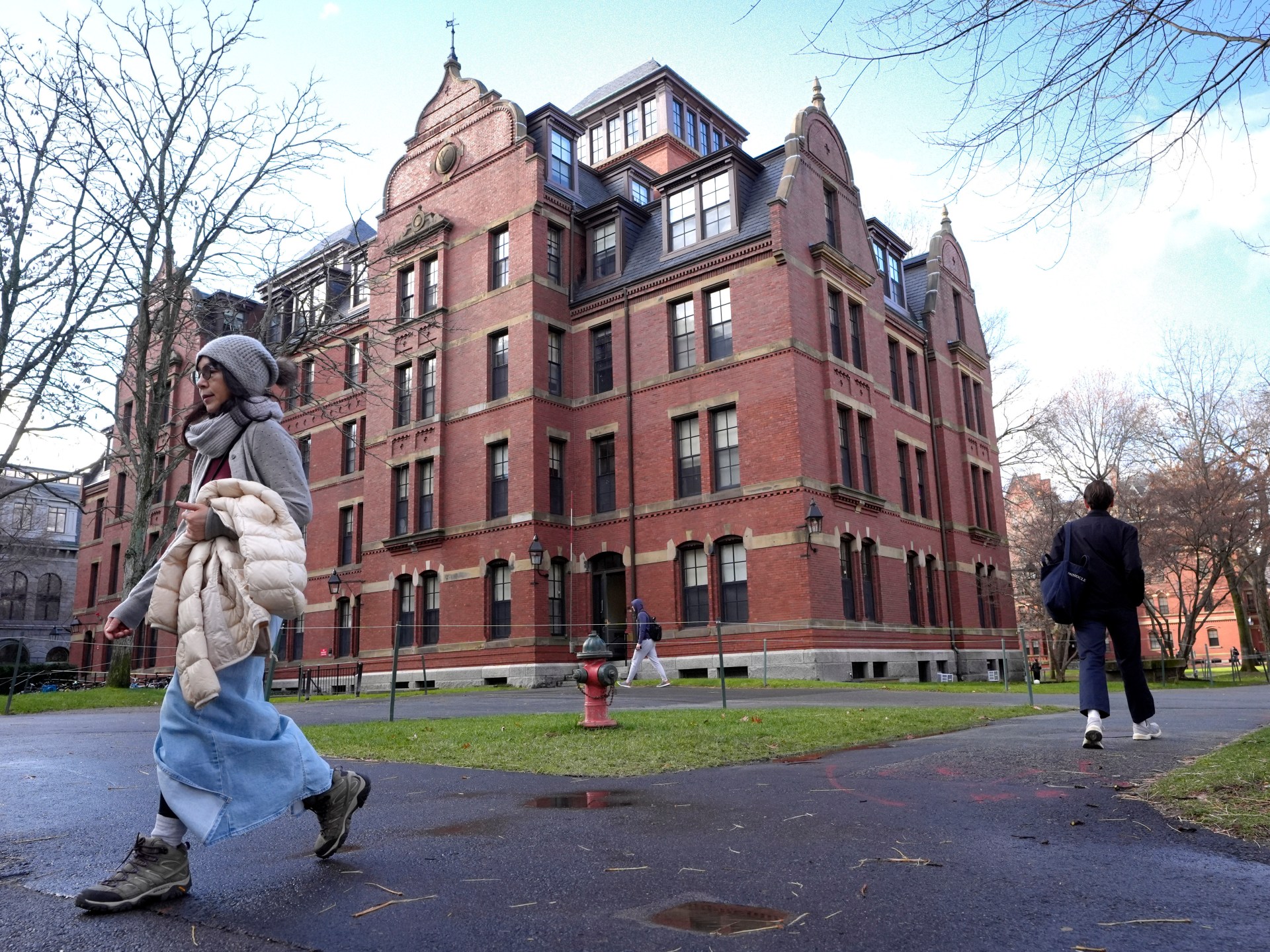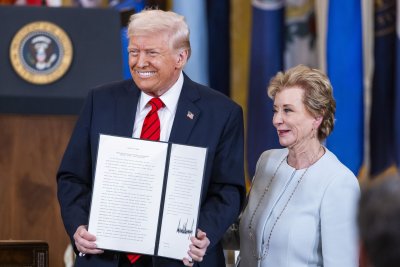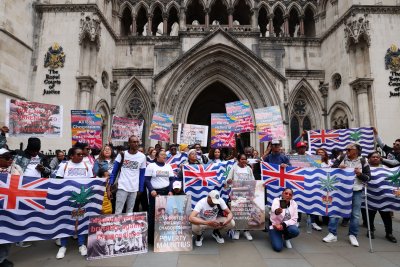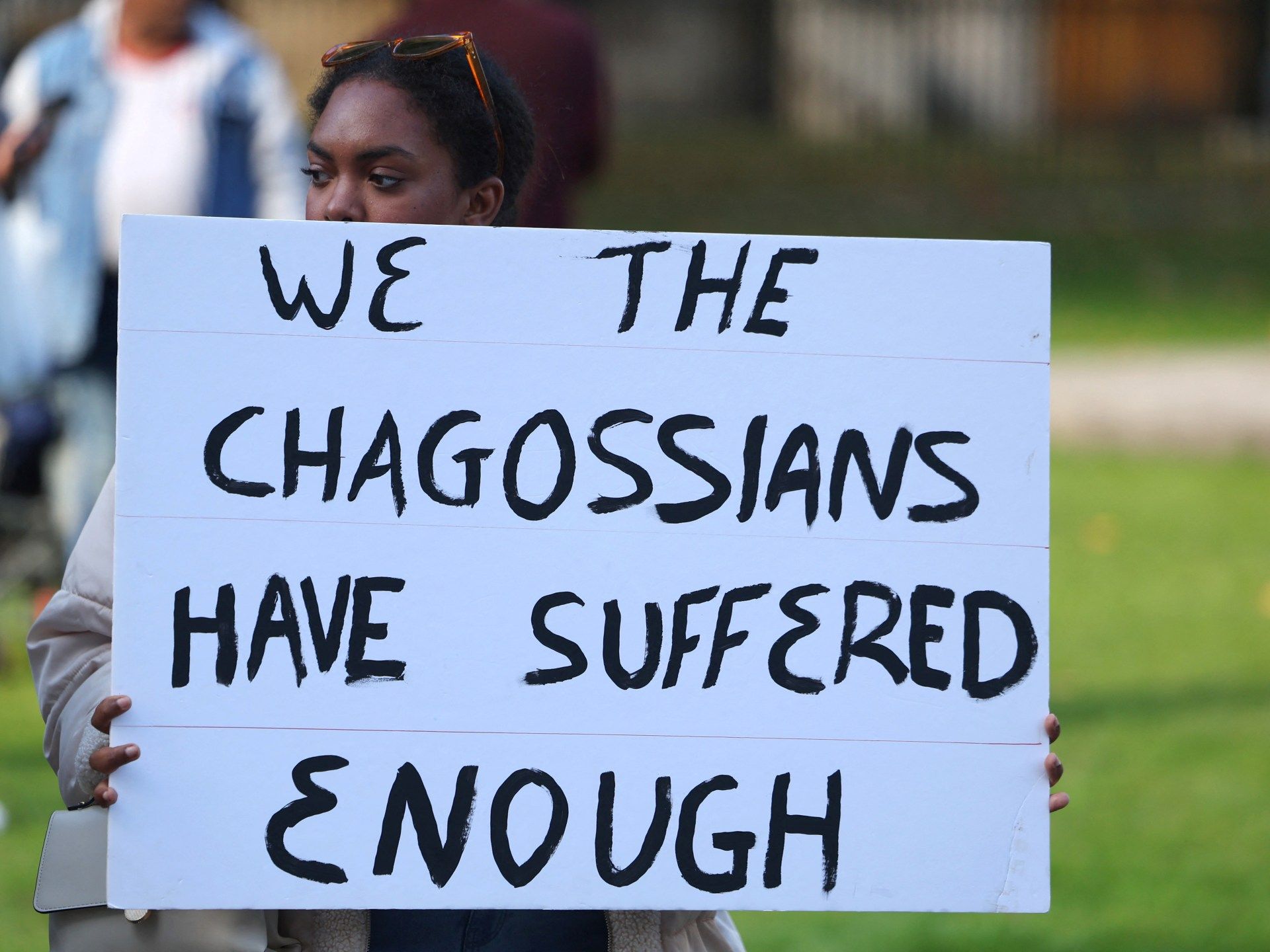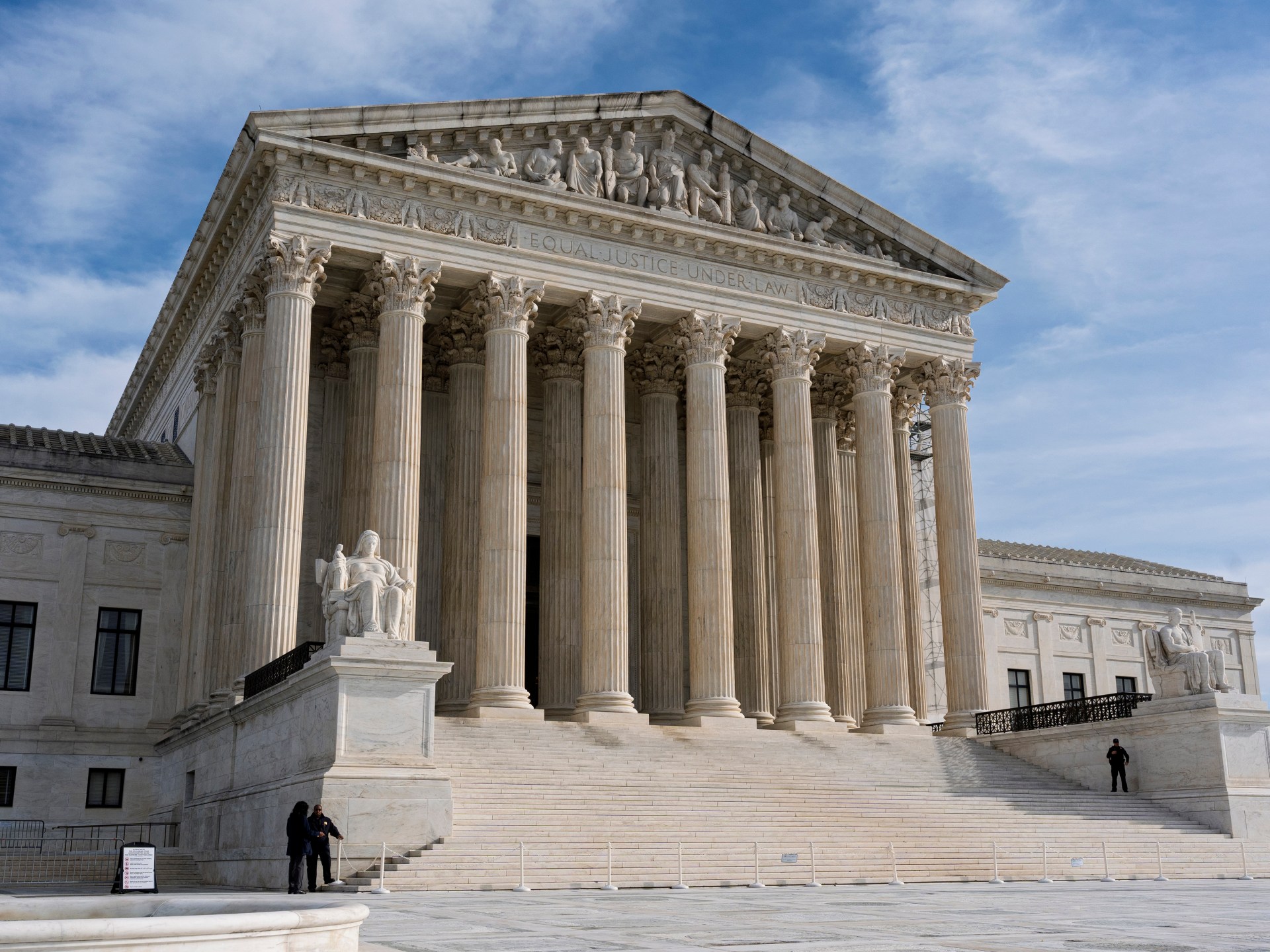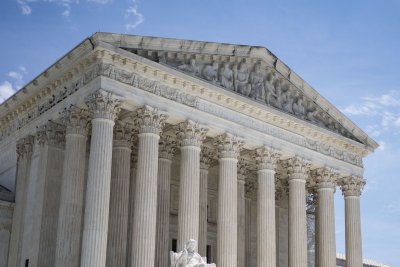Federal judge blocks Trump administration Harvard student ban
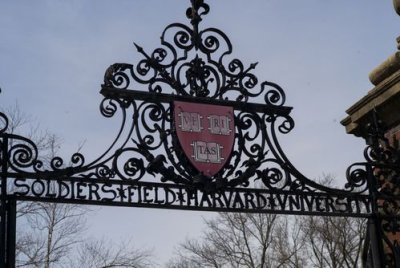
Harvard University won a temporary order in federal court Thursday restraining the Department of Homeland Security, ICE, and the DOJ from implementing a Trump ban on foreign nationals entering the United States to study, work or conduct research at the Ivy League school. File photo CJ Gunther/EPA-EFE
June 6 (UPI) — A federal judge temporarily paused President Donald Trump‘s ban on foreign nationals coming to study, teach, or do research at Harvard University, pending a hearing later in June.
U.S. District Judge Allison Burroughs’ ruling Thursday night came after Harvard filed a suit in Boston alleging Trump’s proclamation, issued a day earlier, was unlawful because it violated the First Amendment.
Burroughs said she was granting Harvard’s motion for a restraining order against the Homeland Security Department, Immigration and Customs Enforcement, Justice Department, State Department and the Student and Exchange Visitor Program after accepting Harvard’s claim that it would otherwise “sustain immediate and irreparable injury before there was an opportunity to hear from all parties.”
The motion was in a hastily amended complaint by Harvard after Trump on Wednesday suspended entry of all foreign nationals “who enter or attempt to enter the United States to begin attending Harvard,” and directed Secretary of State Marco Rubio to consider cancelling the visas of foreigners already there.
She said the court would reconvene on June 16 for a full hearing on whether Trump’s proclamation is legal.
Burroughs’ order also extended through June 20 a temporary restraining order she issued May 23, preventing DHS from implementing a ban on Harvard sponsoring holders of F-1 and J-1 non-immigrant visas, something the university has been permitted to do for more than seven decades.
The school’s legal team argued Wednesday’s proclamation was an effort to get around this restraining order.
“The proclamation simply reflects the administration’s effort to accomplish the very result that the Court sought to prevent. The Court should not stand for that,” Harvard’s legal counsel alleged in court filings.
Harvard has maintained that the orders represent executive overreach, while Trump insists there is a national security risk posed by its foreign students.
The Trump administration has demanded that Harvard water down its diversity, equality and inclusion policies in hiring and admissions, beef up enforcement of anti-Semitism measures on campus following anti-Gaza war protests and hand over the records of its international students.
Trump’s proclamation stated that the step was in the national interest because he believed Harvard’s refusal to share “information that the federal government requires to safeguard national security and the American public” showed it was not suitable for foreign nationals.
In April, Trump cancelled more than $2 billion in federal funding that the university receives and threatened to remove its tax-exemption status and ability to enroll overseas students.
DHS Assistant Secretary Tricia McLaughlin told The Hill that Harvard’s lawsuit was a bid to “kneecap the President’s constitutionally vested powers” to suspend entry to the country of persons whose presence was not in line with national interests.
“It is a privilege, not a right, for universities to enroll foreign students and benefit from their higher tuition payments to help pad their multibillion-dollar endowments,” McLaughlin said. “The Trump administration is committed to restoring common sense to our student visa system; no lawsuit, this or any other, is going to change that. We have the law, the facts, and common sense on our side.”

